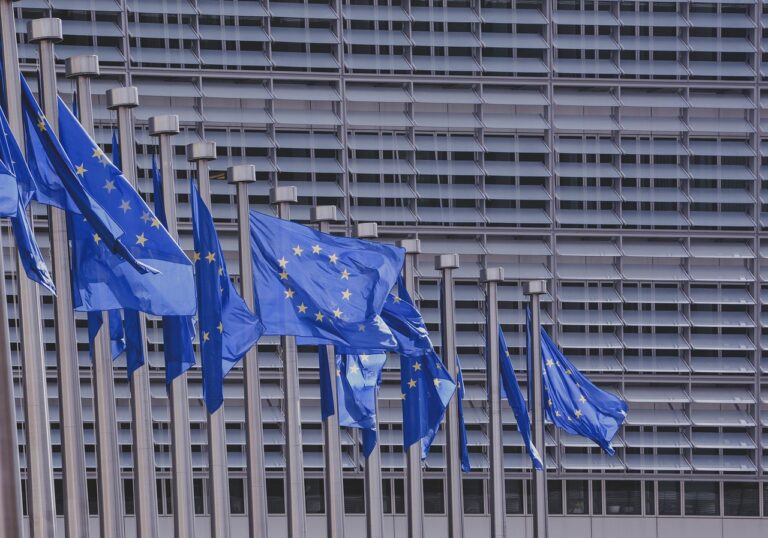As the EU continues to move forward with energy policies, the German government is putting its foot down. Germany has stated that it does not support an EU-wide embargo on Russian gas imports and has argued against sanctions against Russian uranium. But, its message on energy issues is clearer.
Table of Contents
Germany’s message on energy issues is clear
The German government’s message on energy issues is becoming clearer as the price of energy rises. While it has urged citizens to switch off lights, it has also said that it must find more reliable energy sources. The economy minister recently announced that Germany would not extend the life of its remaining nuclear power plants. Instead, it will transition to a more energy-efficient, clean alternative.
The Russian invasion of Ukraine has exacerbated the energy crisis in Germany. Scholz’s visit came in response to this situation, which has sparked concerns about the country’s energy supplies. While Russia has not been the cause of the crisis, it has been blamed for it. Germany must make its message on energy issues clearer to the rest of the world.
EU member states agree to phase out dependence on Russian fossil fuel imports
The European Commission has unveiled a plan to phase out dependence on Russian fossil fuel import by 2027. The plan aims to eliminate dependence on Russian oil and coal by the end of this year and is part of an overall package of sanctions against Russia. However, the plan is not without its own challenges. It will require the member states to retool their oil and gas infrastructure.
The European Union will agree to phase out its dependence on Russian fossil fuel imports, despite being divided on many policy issues, including how to raise LNG imports and cut gas prices. It will also focus on deploying renewable energy more quickly.
Germany opposes EU-wide embargo on Russian gas imports
While the European Union opposes a ban on Russian gas imports, Germany’s officials have changed their tune and have agreed to a gradual embargo on Russian oil. Germany and other EU member states have been more receptive to such a move in recent months.
The ban would have to be approved by all member states unanimously in order to be enforced. In fact, German unions and employers have argued against it, saying it would lead to factory shutdowns and job losses. In addition, critics claim that the ban would feed Russia’s war machine.
While Berlin supported oil and coal sanctions, it was reluctant to draw a line on gas. It said an embargo would cause prices to skyrocket and could allow Moscow to cash in on gas sales outside the EU. But some officials in Berlin argue that the sanctions would only deprive Moscow of some of its valuable resources. Nonetheless, Germany’s governing coalition is wary of the embargo and is weighing its options.
Read also: Reducing energy waste is the key to meeting climate goals
Germany supports windfall profit taxes to cushion consumers from soaring energy bills
The government recently announced it would use windfall profits taxes to help lower energy costs. Chancellor Olaf Scholz announced measures to help consumers cope with the impact of soaring energy prices. These included tying social benefits to inflation and earmarking 1.5 billion euros to provide discounted public transport services.
The German government also plans to introduce a windfall profit tax on energy companies to protect consumers from the fallout. The measures will reduce the impact of the energy price rise on low-income households. In addition, it aims to reach a consensus on a windfall profit tax at the European level.
While Germany has been clear that it supports an expansionary fiscal policy, the United Kingdom has made clear it opposes it. The new government of British Prime Minister Liz Truss sparked a financial market revolt when it proposed using borrowed money to fund tax cuts and spending heavily to cushion consumers from soaring energy bills. The move sparked a massive drop in the British pound against the U.S. dollar, sending investors into a panic.












